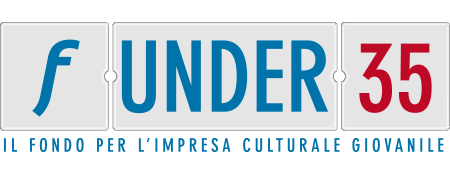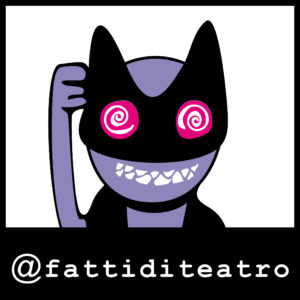The Circle in Expansion
2020-22
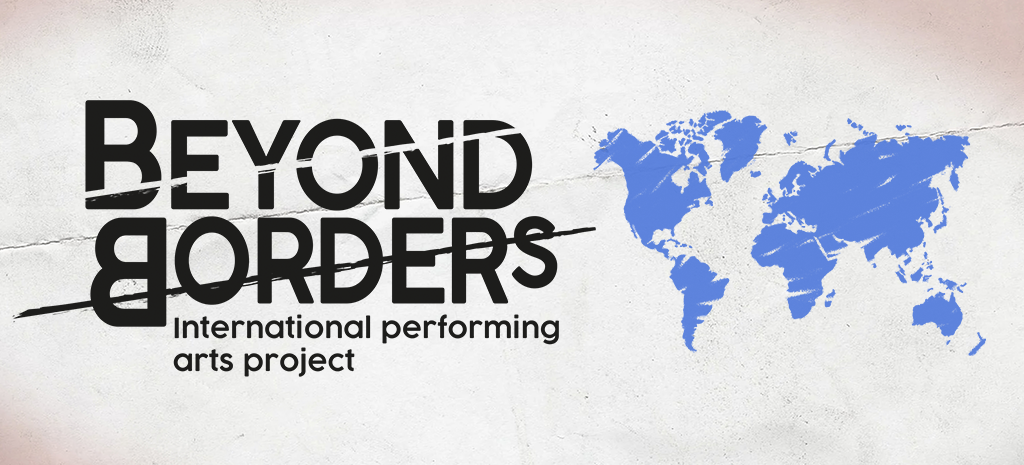
The FORUM aims to create online discussion meetings with international guests – performers, thinkers, critics, university professors and professionals – to share and explore some of the issues concerning our new post-pandemic era. It’s a moment of reflexion and intercultural confrontation, a virtual place which is able to generate a “shared global memory” that captures the historical period we are going through. A virtual space where it is possible to continue to nourish the thought and think about the function that theatre and art have nowadays. A meeting space that can create an international and multicultural community able to generate mutual support between operators, thinkers and artists, even remotely.
The meeting will be moderate by Jesus Quintero.
Walls or borders have an ambiguous nature. They can either create a place that is secure and comfortable (a house that defends us from cold, bad weather, beasts), or build prisons and areas of confinement that negate our freedom. This simple fact induces us to often believe that walls (or more generally borders) are only means for taking distance from something. Even good walls, like those of the houses, confine our experience in a limited space. In this first meeting, however, I will present the paradox of walls that open our imagination, passions, freedom, and thought. Theatre and other arts provide this paradoxical space. Therefore, a limit can also be read as a strange path for the infinite and the unlimited.
PANELISTS
Anna Dora Dorno – Artistic director of Instabili Vaganti
Nicola Pianzola – Co-artistic director of Instabili Vaganti
Enrico Piergiacomi – Guest philosopher of Beyond Borders Project
Mia Yoo – Artistic director at La Mama NY
Adriana Garbagnati – Artistic director at La Mama Umbria International
Francesca Zitoli – Programming Manager at ATER Foundation
Roberto Prestigiacomo – Professor at Trinity University
Nicola Pianzola – Co-artistic director of Instabili Vaganti
Enrico Piergiacomi – Guest philosopher of Beyond Borders Project
Mia Yoo – Artistic director at La Mama NY
Adriana Garbagnati – Artistic director at La Mama Umbria International
Francesca Zitoli – Programming Manager at ATER Foundation
Roberto Prestigiacomo – Professor at Trinity University
There exists a long tradition that connects the theatrical space with the walls of the city and recurs to the metaphor of the plague. The idea that theatre is the source of a contagion that can be either good or evil and has wide social effects has remained constant through centuries. This short talk attempts to study the logic that structures this metaphor, shows its main assumptions / goals, highlights when it can be considered a helpful means for revolution, rather than the cause of moral disorder. Although the main objective is still conceptual, its method is historical. Indeed, the analysis will reconstruct the similarities and differences that can be found in four texts: Plato’s Republic, Augustine’s On the City of God, Erasmus’ Praise of Folly, and Artaud’s The Theatre and Its Double.
If we accept the paradox of the existence of some walls that open and the hypothesis that theatre is a possible path for a good contagion, it is now time to examine whether this useful disease that is paradoxically opened by the walls of theatre coincides with revolution. Before proceeding, however, it is mandatory to understand what is a “revolutionary” act. It will be argued that a revolution is a complex transformation that is not necessarily sudden and violent, for it could also be slow and gentle. The key element may instead be that it starts from a clear perception of confinement and discontent. Every revolutionary act then occurs, because it is surrounded by walls or limits: one cannot desire freedom without feeling imprisoned, nor aspire to change if the condition of immobility and rest is not perceived as painful. This phenomenon will then be studied by focusing on the causes and conditions of a revolution in three little “circles”: the circle of the individual, the circle of the limited group (family, company, society, etc.), the circle of humanity.
The final meeting concentrates on the destruction of the walls that were so far erected. It is not negated the basic idea that theatre or other revolutionary means require no limits and confinement, for we have seen that the absence of both cancels the same existence of art and revolution. Rather, the wall must be destroyed in the sense that it must be continually moved, in order to include, surround and protect what was so far kept outside. A good image is a circle in expansion: a figure whose limits still exist and are equally distant from a point taken as its centre, yet that move and include new spaces inside the perimeter. Such a symbol may coincide, in political terms, with the end of Eutopia and cosmopolitanism, namely the approximation to an idealized perfect society that collects the good qualities of each individual and group, without suppressing their essential peculiarities and differences. To return to the image of the circle, a revolutionary person may occupy a decentralized centre in the circumference. It keeps its uniqueness and also recognizes the values of the others, thus entering in a happy relationship with a dynamic world. Each part of the circle moves in harmony with the expanding whole.
